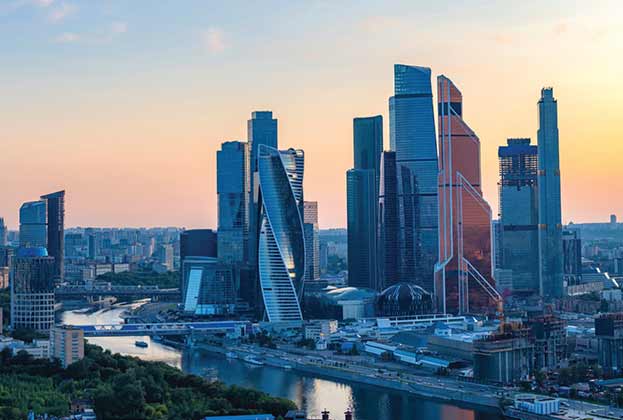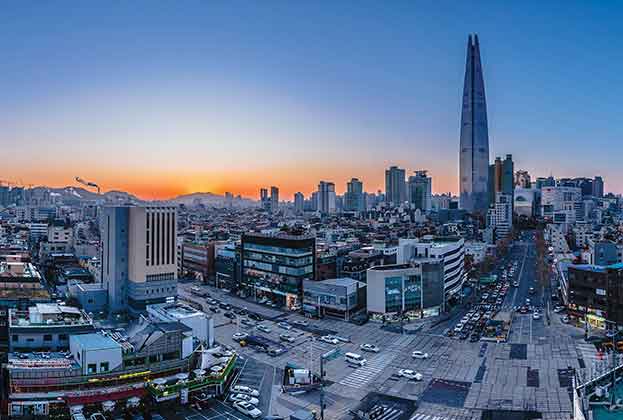Covid-19 has impacted prime residential markets around the world, but the outlook for the near and long term varies by city. Here, we forecast how each city compares in the future
-
Amsterdam, Lisbon: Among the strongest performers for the second half of 2020 and the next five years. Amsterdam to be driven by tight supply and high demand, while Lisbon should benefit from the Portugal’s Golden Visa scheme.
-
Paris: The prime residential market is viewed by many as a safe long-term investment and store of wealth, which should support values for the rest of 2020 and long term.
-
London: Brexit uncertainty remains. But, the market now appears good value in a historical context and a rebound is expected.
-
Berlin: Tight planning conditions and rent control in the second hand market make new prime developments, which are not subject to rent controls, attractive to international investors.
-
Spain: Spain was badly impacted by Covid-19 and the economic outlook for the remainder of the year is weak. But, new supply of prime residential developments remains tight in both Madrid and Barcelona, and prime property in these cities remains well valued.
-
Moscow: Moscow’s domestically driven market is likely to see some pent-up demand in the second half of the year, while the ruble prices remain attractive for those purchasing in other currencies, mainly dollars and euros.
-
Dubai: A highly international market and grappling with oversupply. But, the recently relaxed LTV norms and lower bank lending rates should support a recovery in activity in the second half of the year, while a limited pipeline of new supply makes the long term more positive.
-
China: Residential markets have generally returned to normal, second waves of the virus remain a risk, but the outlook is generally positive for the second half of the year. While strong economic growth, migration and wealth creation should support values in the long term.
-
Hong Kong: The outlook is uncertain due to the political uncertainty.
-
Bangkok: Characterised by oversupply, but new supply of developments has now been limited which should help curb price falls in the longer term.
-
Singapore, Tokyo: Should benefit from their perceived stability within the region, while supply remains limited.
-
Kuala Lumpur: Affected by weak market sentiment in the first half of 2020. However, the government recently announced positive stimulus package incentives targeted at the residential property market.
-
Sydney: In the long term, remains an attractive location with global city status.
-
Mumbai: Strong forecast economic growth, migration and wealth-creation should generate additional demand in the long term, but the city’s level of supply remains a challenge.
-
Cape Town: The market was already adjusting to weaker economic realities prior to the crisis, leaving the outlook for the rest of the year weak. While the economic outlook long term is uncertain, interest rates are the lowest in nearly 50 years and prime property is well-valued.
-
New York, Los Angeles: Economic sentiment for the remainder of the year is weak in these markets where unemployment has risen sharply. Long term, Los Angeles should benefit from buyers looking for more space. New York still has existing oversupply, but its global city status means it remains an attractive location.
-
San Francisco, Miami: San Francisco’s market should remain buoyed by limited supply, while Miami’s is attractive for reasons such as lifestyle factors, relatively well-valued prices and lack of income tax in the state.
Read the articles within Savills Prime Index: World Cities below.
.jpg)

.jpg)

.jpg)
